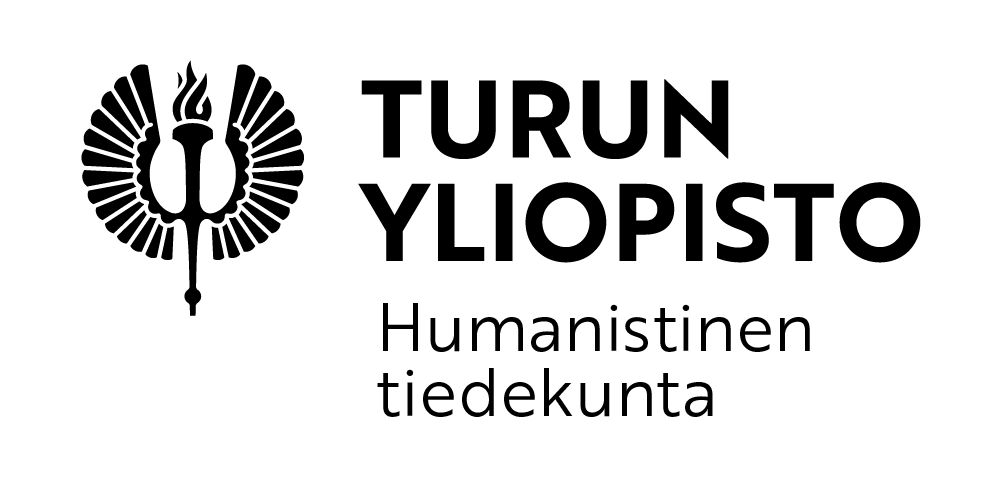Getting Connected in Academia – A Simple Guide for Doctoral Researchers
Networking in academia is advisable, and we are encouraged to do so both nationally and internationally right from the beginning of our research careers. But how does networking at an international conference feel like for a young scholar?
Networking – Why and Where?
Building professional relationships is something to pursue in many fields, also in academia. We are encouraged to connect with other researchers not only within our home universities but beyond. Even better if you have connections outside universities, for example, with companies or organisations, as this would help you put your results into action and increase the impact of your research. However, networking with other scholars is usually more than enough for a doctoral researcher.
National and international contacts are seen as an advantage, especially if you plan to stay in academia after getting your doctoral degree. It can be helpful to broaden your academic circle by collaborating with international researchers, for instance, if you wish to conduct research abroad. In the best-case scenario, networking can give us collegial support, fresh ideas, and new ways of thinking, professional opportunities and collaborations, and even friends.
Conferences are excellent places for making connections. In fact, presenting your research can be secondary, but meeting others is often the primary purpose for participation. International conferences bring together researchers from all over the world, making them special places to network with people in your field. For doctoral researchers, there are usually pre-event gatherings or other social events that can help you to meet others. There are even conferences targeted specifically for young scholars. However, it is not always simple to navigate an environment full of new people when you know that you should make the most of the opportunity to socialise.
In the following, we will share an example of where networking can take you.
Jenna’s Experience
I attended the linguistic conference Approaches to Digital Discourse Analysis (ADDA) in Austria in autumn 2023, full of excitement. Before participating, I worked as a conference secretary when this conference series was held at my home university in Turku, Finland. At that time, I was very interested in research, but I had not yet started my own. Therefore, I truly enjoyed organising the conference full of linguists with interesting topics. I thought that one day I would present my research there. So I did.
In Austria, I was thrilled to be one of the researchers. I was able to catch up with the scholars whom I met years ago, but I also had the chance to meet new people. As I was catching up with one of the researchers, she encouraged me to connect with a doctoral researcher, Vanessa, from Germany, who shares similar research interests. We quickly met, listened to the same talks, and spent breaks together discussing research and sharing insights into our daily lives.
After the conference, we stayed in touch and began planning research visits between the countries. This autumn, Vanessa came to Finland and visited the universities of Turku and Helsinki.
My experience shows how previous encounters matter. I greatly appreciate that the researcher I met years ago introduced Vanessa and me. It is not obvious that we would have met without her initiative.
Vanessa’s Experience
Although the ADDA surroundings, with its mountains and lake, were beautiful, the weather was surprisingly lovely for autumn, and the overall atmosphere was more than welcoming, I still felt exhausted. Unfortunately, I caught a cold during my flight, and it was my first international conference.
So, I was standing there with my tea mug in one hand and a tissue in the other, a bit lost, and trying to connect with other scholars, which, honestly, can feel very intimidating at first. A lot of smart people in one place, all with their interesting research: How do I approach them? Luckily, my colleagues told me about another doctoral researcher at the conference who had a very similar topic to mine. Excited about that, I looked at the event schedule, and indeed they were right!
I approached the doctoral researcher, Jenna, and her friend, and we quickly bonded over our PhD experiences. Our different cultural backgrounds were interesting as well: One coming from Germany, one living in Finland, and the other, well, could call both countries her home. We visited each other’s talks and kept in touch throughout the conference, which turned out to be great fun!
I am more than happy that we found the courage to approach one another that one day in October in a foreign country. Today, we keep in touch and update one another on our research, new possible activities, and, of course, our private lives and happenings.
Networking Tips
Based on our experiences, we created a checklist that could be useful for someone in a similar situation seeking to form connections. The list also serves as a reminder for us. As we know, networking continues throughout our careers!
- Be open and use the breaks. Networking does not have to be only “business small talk”. You can also connect through private aspects and cultural experiences. Conferences and connecting should be fun! Especially during breaks, it is easier to have more informal conversations with one another while sharing a nice lunch.
- Dare to approach people. Most of the other researchers are also tired, feel lost, and are looking for a good conversation. Surely, they will be happy if you talk to them. If networking feels scary, start a discussion with your peer. It can be easier to have a conversation with another doctoral researcher who might share similar feelings. Join a session, ask a question, and continue the discussion at a coffee break.
- Ask for help. You can always approach a familiar senior researcher, such as a supervisor, if they know someone you should connect with. Supervisors have plenty of professional relationships, and they probably know several researchers you could chat with.
- Stay in touch. Try to stay in contact with your new connection. Discuss together what would be the easiest way of communicating for both.
- Do not force it. Networking can be tough if you try too hard. Even if you will eventually not be able to make great connections at a conference, that is okay. Not all events turn out to be fruitful in the end. The next one will be better!
Is it Worth it?
Vanessa’s research visit to Finland shows that a nice chat at a conference does not have to end there. It’s a perfect example of how valuable the connections can be in the future. We hope that Jenna will have the chance to come to Germany for a research stay, too.
Although we described our international encounters in this article, we also want to highlight the importance of national networking. You can have meaningful and rewarding encounters locally as well, and there might be no need to travel too far – your fitting network may be right in front of you.
By no means will following all the best practices automatically lead to perfect conference outcomes, with several new connections and collaboration ideas. Just try it out, and you will grow with each conversation you have and talk you listen to. Mostly, young researchers are all in the same boat, trying to make most of the experience. Getting to know the people in your field is always useful, regardless of the outcome!
The authors are doctoral researchers in linguistics at the University of Duisburg-Essen, Germany, and the University of Turku, Finland.
Lead image: Vanessa Hagenschulte, Lake Wörthersee, Klagenfurt, Austria.


